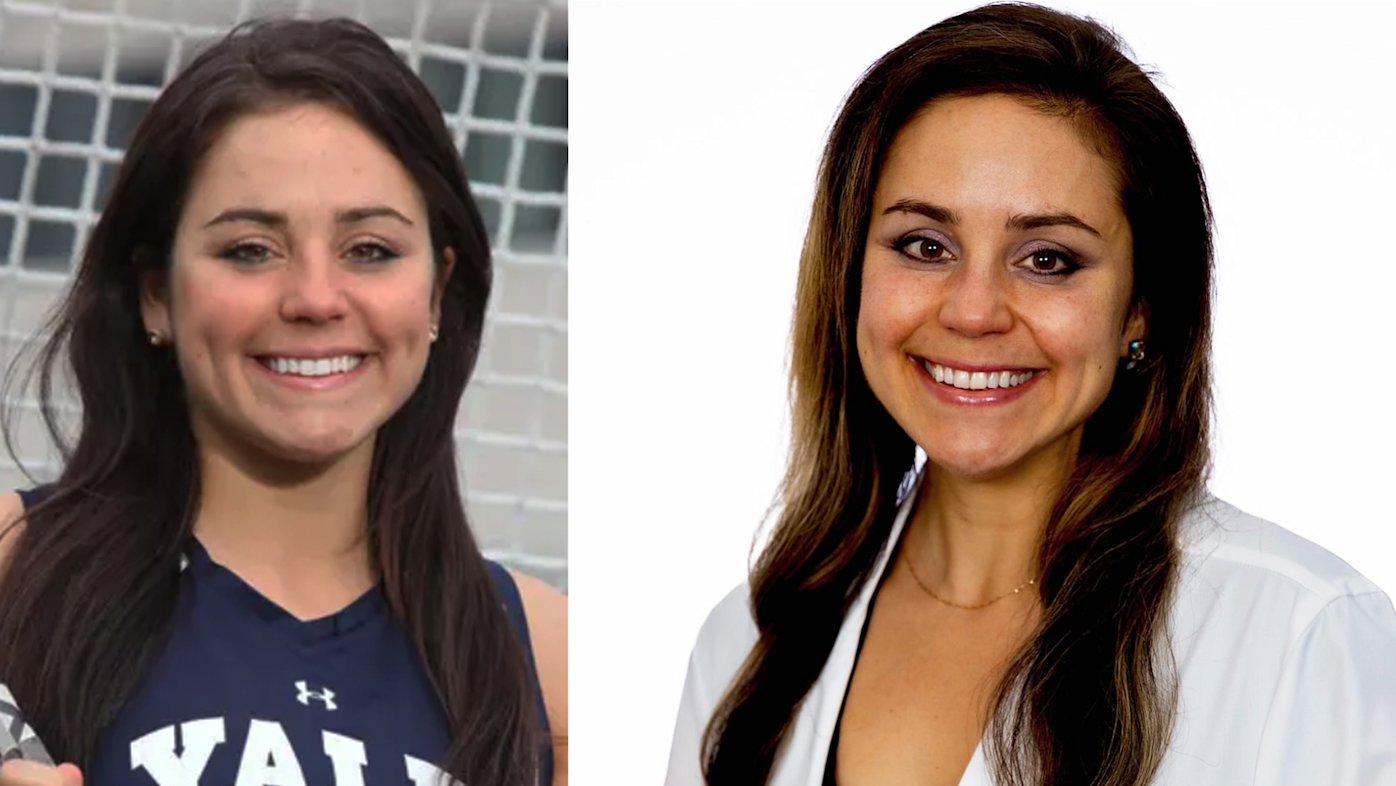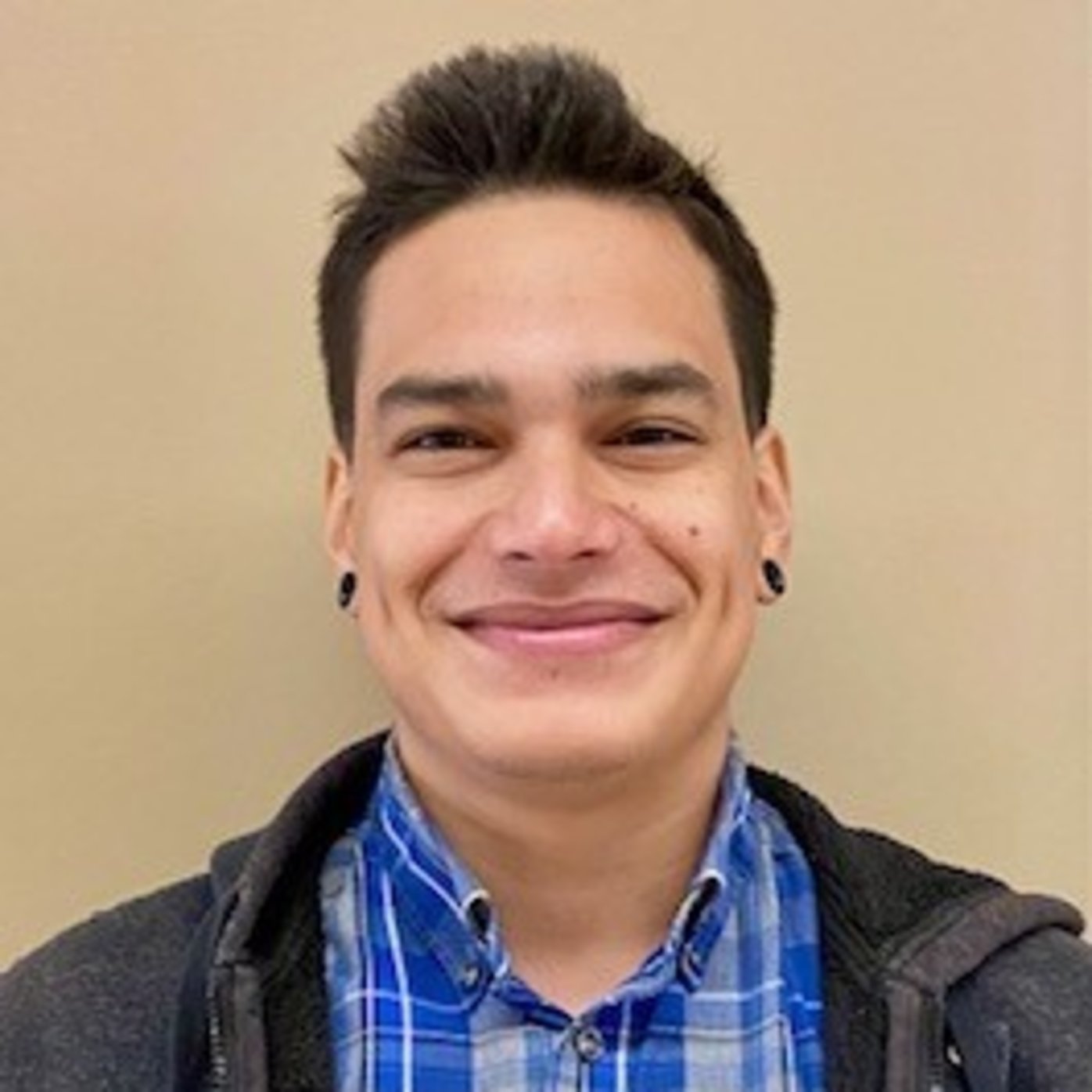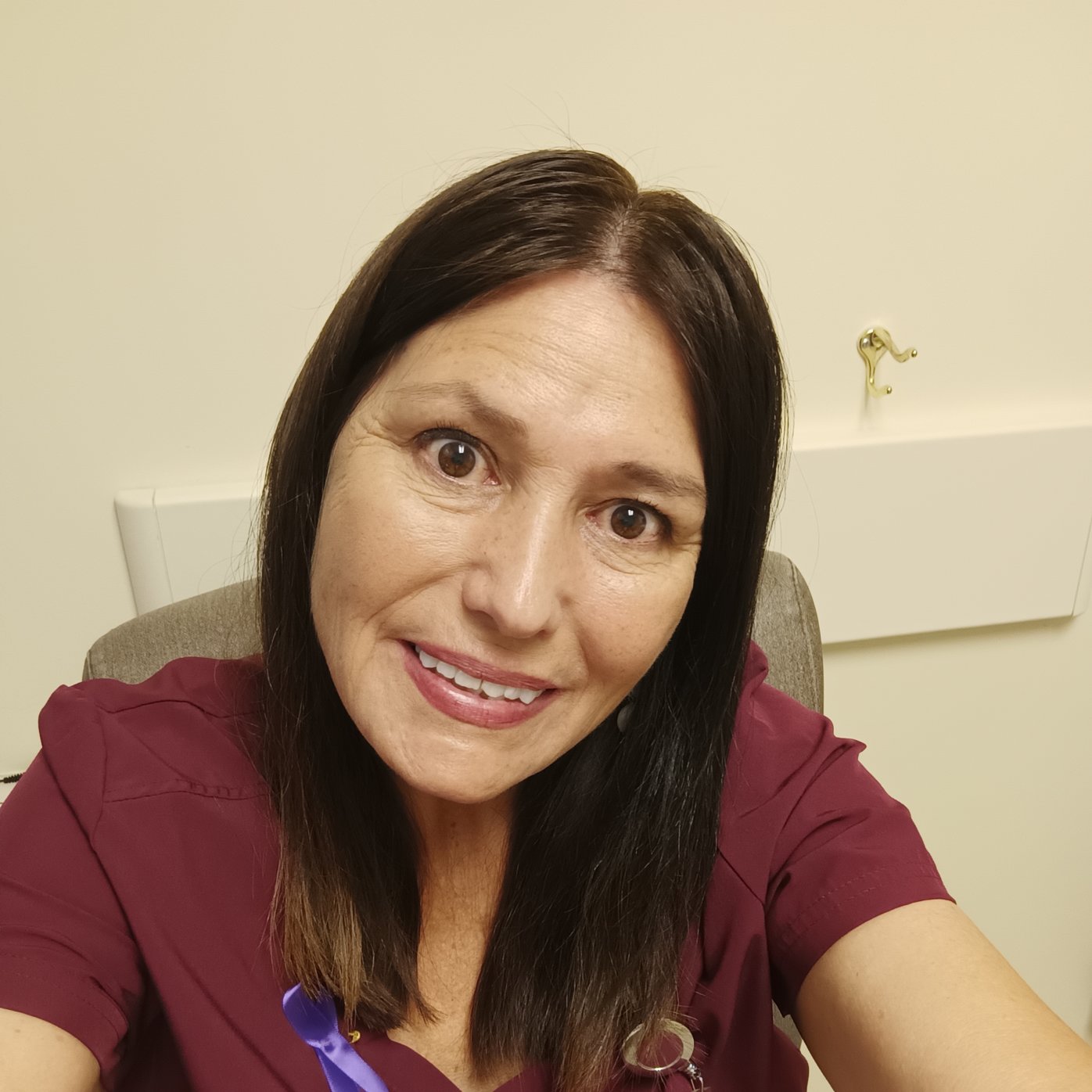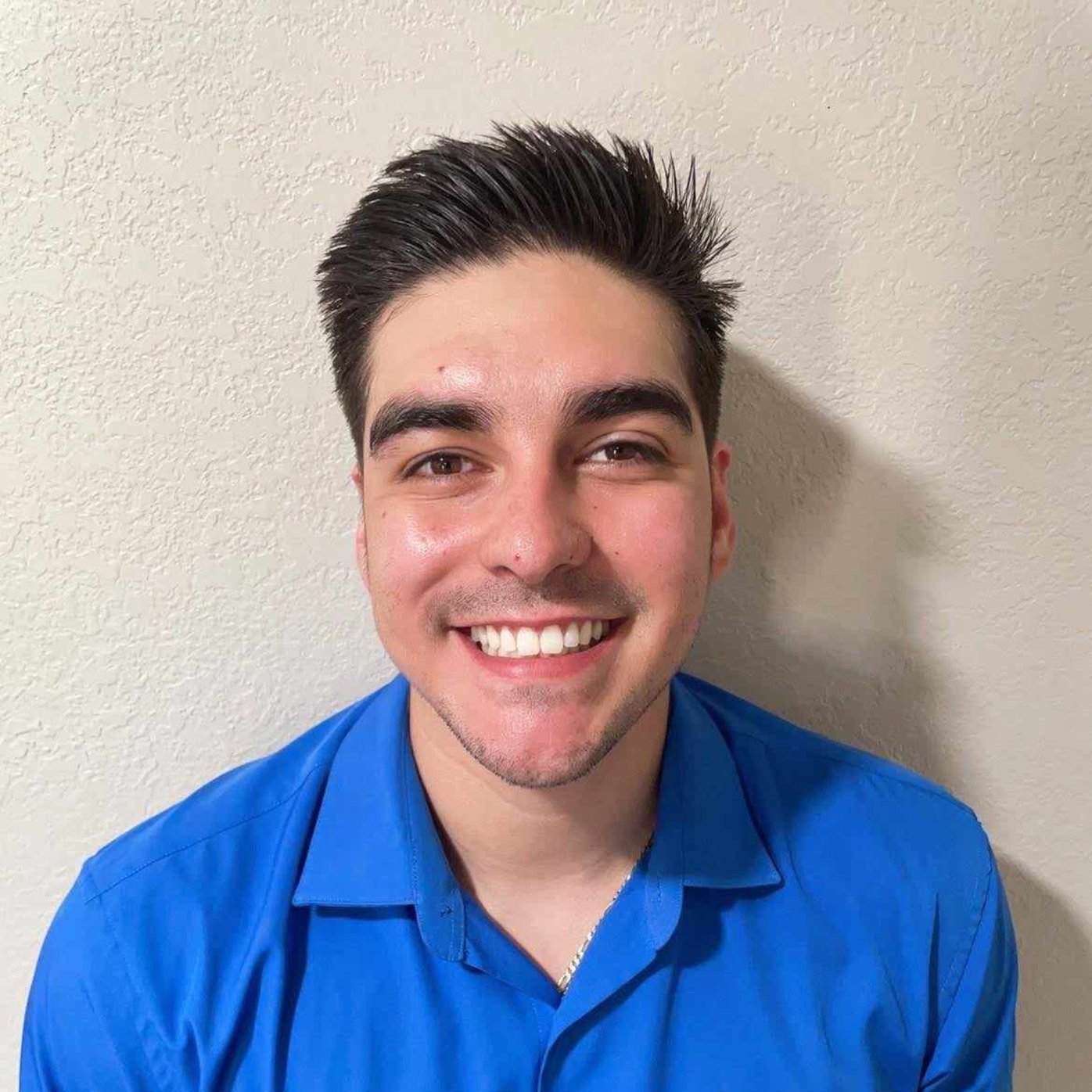
Doctor’s own sports injury inspires her career
An injury that almost derailed her dreams of playing college lacrosse inspired Dr. Mahi Trivellas to pursue a career in medicine.
To address the local and national substance use epidemic, Sharp HealthCare has equipped each of its four acute care hospitals with a substance use navigator (SUN). Substance use navigators are a part of the California Bridge Program, which strives to help people with substance use disorders.
The substance use navigator at the four hospitals — Sharp Memorial Hospital, Sharp Grossmont Hospital, Sharp Coronado Hospital and Sharp Chula Vista Medical Center — assists patients in the emergency department or other units by connecting them to treatment options. Every Sharp SUN possesses work experience as a social worker or expertise in the field of substance use treatment.
“In addition to supporting the individual patient through counseling and community resource navigation, we provide family and support system intervention options for a patient who seeks support outside the hospital,” says Bridget Stephenson, a substance use navigator who works at Sharp Coronado.
Responding to a crisis
According to the County of San Diego, there were 528 deaths related to an opioid overdose in the region in 2020. This is a 115% increase from 2016.
“Care and prevention are critical to treat this epidemic,” says Dena Stark, who works at Sharp Memorial as a substance use navigator. “It’s important for people to know that help is available, and I’m proud to be able to serve our patients.”
Justin Rodriguez is a substance use navigator at Sharp Chula Vista. He says that among numerous factors, the stigma surrounding addiction can prevent someone from seeking help. “Having a substance use disorder does not diminish one’s worth as a human being,” he says. “It is not a death sentence either. It’s important to remind patients their lives are worth living.”
Stephenson agrees. “It’s crucial to provide a safe space for folks to seek help and work with fellow team members to treat patients without bias,” she says.
Rewarding work across the health system
The substance use navigators at Sharp say they find their roles incredibly rewarding. Justin Werlick, a substance use navigator at Sharp Grossmont, sees his work as an opportunity to help people when they need it the most. “People who use drugs or alcohol can be at a very vulnerable time in their life,” he says.
And the care they provide is a collaborative effort. The navigators from each hospital meet regularly. They share resources and create best practices to help treat people with substance use disorders.
“We model kinder verbiage and find ways to overcome treatment barriers,” says Stark. “We work well together and reach out to each other for support. I feel so much pride and gratitude for my fellow SUNs.”
Working in tandem with medical team members, such as doctors, nurses and social workers, the substance use navigators describe their position as fast-paced and vital to high-quality, coordinated care.
“As substance use navigators, we’re honored to help build trust between a patient with a substance use disorder and the hospital, allowing for the individual to be open and honest,” says Werlick. “This leads them to be able to receive the best care.”
Learn more about substance use treatment at Sharp.
For the news media: To talk with the substance use navigators at Sharp about this story, contact Erica Carlson, senior public relations specialist, at erica.carlson@sharp.com.

The Sharp Health News Team are content authors who write and produce stories about Sharp HealthCare and its hospitals, clinics, medical groups and health plan.

Justin Werlick is a substance use navigator at Sharp Grossmont Hospital.

Dena Stark is a substance use navigator at Sharp Memorial Hospital.

Justin Rodriguez is a substance use navigator at Sharp Chula Vista.

Bridget Stephenson is a substance use navigator at Sharp Coronado Hospital.
Our weekly email brings you the latest health tips, recipes and stories.